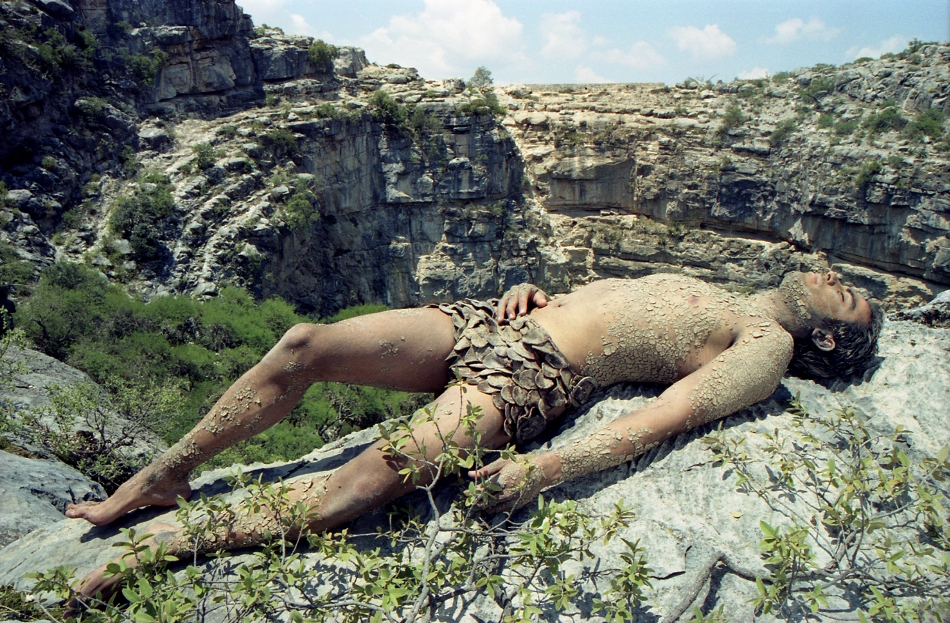Katalog filmů
The program structure of the 11th edition of Mezipatra.
Childhood friends Axun and Maite learn first hand that love flourishes at any age. Their paths had converged over fifty years ago but chance brought them back together and it soon turns out that the half century changed nothing about their unusual emotional link. Thus, now over seventy, Axun and Maite cherish every moment together, both feeling that their relationships grows into something more. Axun is now facing a difficult choice: whether to stay with her husband or to be with her friend. Will it be sense or sensibility that wins?

World famous fashion designer Tom Ford debuted as a feature film director with the adaptation of a novel by Christopher Isherwood. The role of aging Professor George Falconer, suffering from the sudden loss of life partner Jim (Matthew Goode), was given to the equally noted British actor Colin Firth. The elaborately perfect visual side of the film reflects Tom Ford’s original profession. The brilliant performances of the actors, the pronounced 1960s style and music by Abel Korzeniowski and Shigeru Umebayashi make the film an exquisite experience, regardless of its rather sad atmosphere.
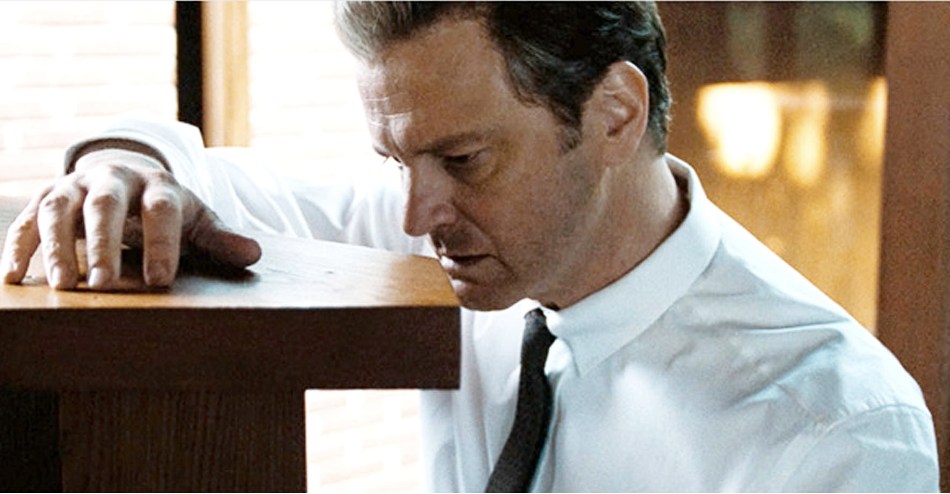
In 2000 choreographer Matthew Bourne introduced a new show using music from Carmen by Georges Bizet and ballet by Shchedrin. He used the opera’s title for the pun in the ballet’s title. Bourne’s Car Man is set in a car shop in the fictional 1960s American town of Harmony where a large Italian community lives. The story is based on The Postman Always Rings Twice starting with the arrival of a stranger looking for work. Luca becomes the object of interest not only for the beautiful wife of the service station owner, but also one of the mechanics, Angelo. The tense atmosphere has a surprise ending.
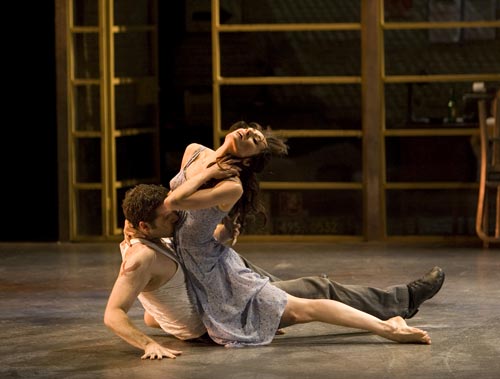
A portrait of a unusual couple in the history of Hollywood. British writer Christopher Isherwood (1906–1986), whose work inspired a number of Broadway musicals and Hollywood hits (e.g. Cabaret and A Single Man), met his life partner, Don Bachardy (1934), who later became a renowned painter, in the 50´s. Don guides us through the intimate corners of a 30 year long relationship which disturbed the media due to its frankness and length, right up until Chris’s death. The makers managed to obtain until now unseen clips and memories of stars such as Lisa Minnelli, Leslie Caron or director John Boorman.
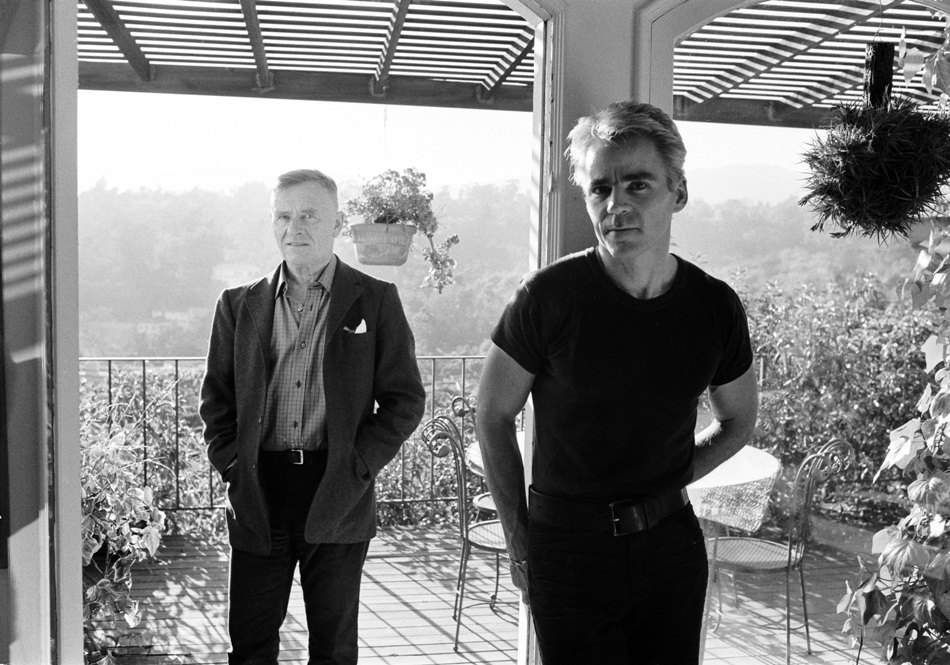
Set of short films
- A Single Mother
- Tremble and Spark
- Hens and Chicks
- TOTO Forever
- Three Matches to Illuminate the Night
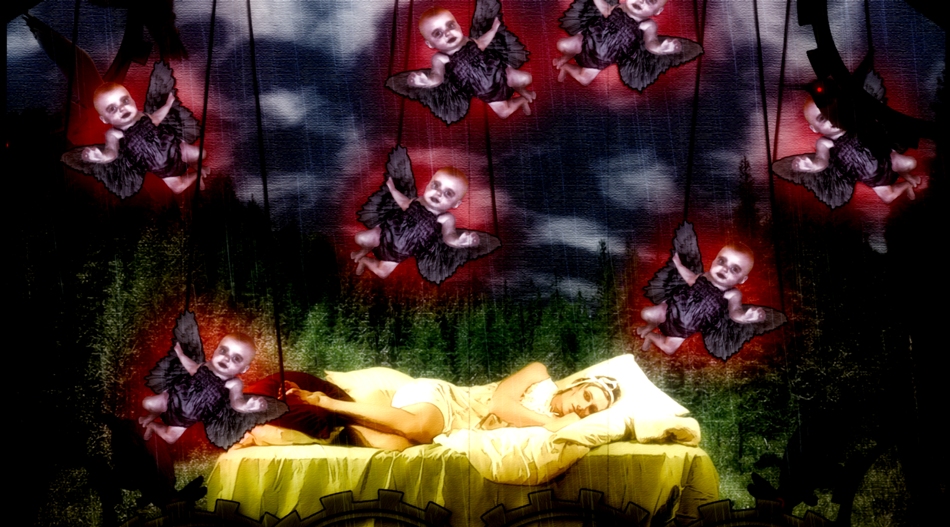
The mini-section “midnight punk-pop”: Some may blush while reading the title – it’s to be expected with this documentary about an erotic workshop for women and about female performers who exhibit live feminist pornography on stage. Political commitment, liberal use of sex, breaking taboos and provocation as a mission are shown in this clever, sexy and entertaining film with charming lightness and authenticity. The director, Emilie Jouvet, follows her heroines on their journey and interleaves their real stories with parts of their performance, where there is plenty, but never too much, pussy.

Read more: Too Much Pussy! Feminist sluts in the Queer X Show
Set of short films
- The Girl Bunnies. HOCKEY
- Go-go Reject
- Nebenan
- GO-GO
- Cats
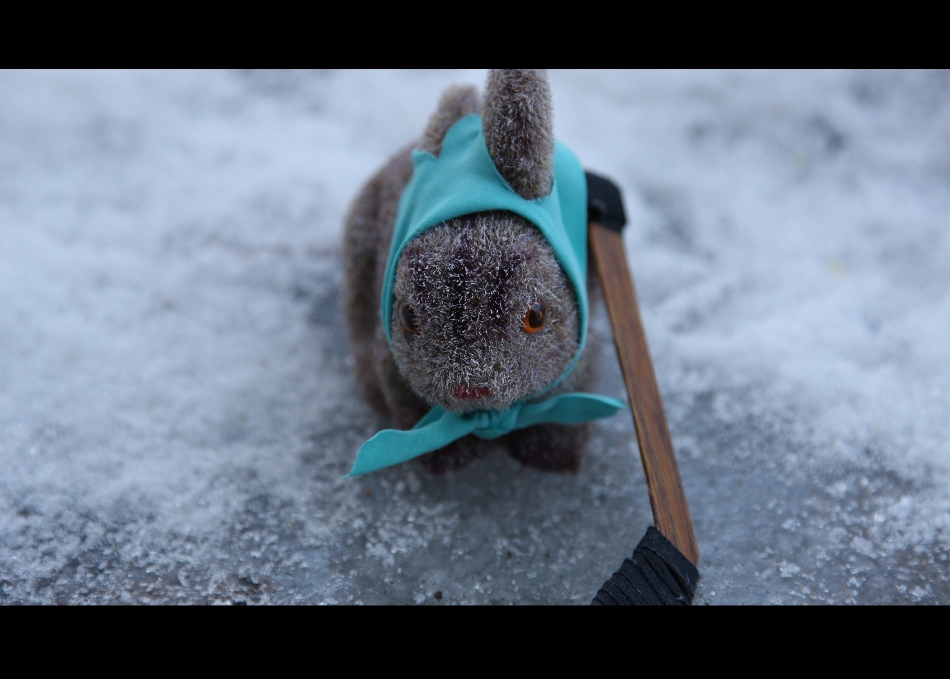
Within a year and a day after the fascination that he caused in Cannes to the viewers with his debut J’ai tue ma mere (also in this year’s Mezipatra), Xavier Dolan presents his new film (being the director, screenplay writer and actor). After adolescence and hatred the topic of this one is love (a triangle) and a friendship that breaks down when once inseparable Marie and Francis fall for the same beautiful guy. A stylish visualization and music decorate this personal film about impossible loves. The film will be presented by the actor who plays the main object of desire, Niels Scheider.

During his life Steven Russell tried being a policeman, a lawyer, a doctor and a financial director of an insurance company and faked all sorts of things. Although it seems the producer’s imagination ran wild this time, believe it or not, most of the events are based on real life. Steven (Jim Carrey) seems to be a perfect husband and father. Then, after an accident, he finds he can no longer hide the fact that he is gay. On the contrary. His revelry and money spending take him to jail where he meets the love of his life, Phillip (Evan McGregor), and he will do anything to be with him.

Set of short films
- Make a Mate
- What´s your Name?
- Embracing Butterflies
- Bedfellows
- No Asians... it's just not my thing
- Tom
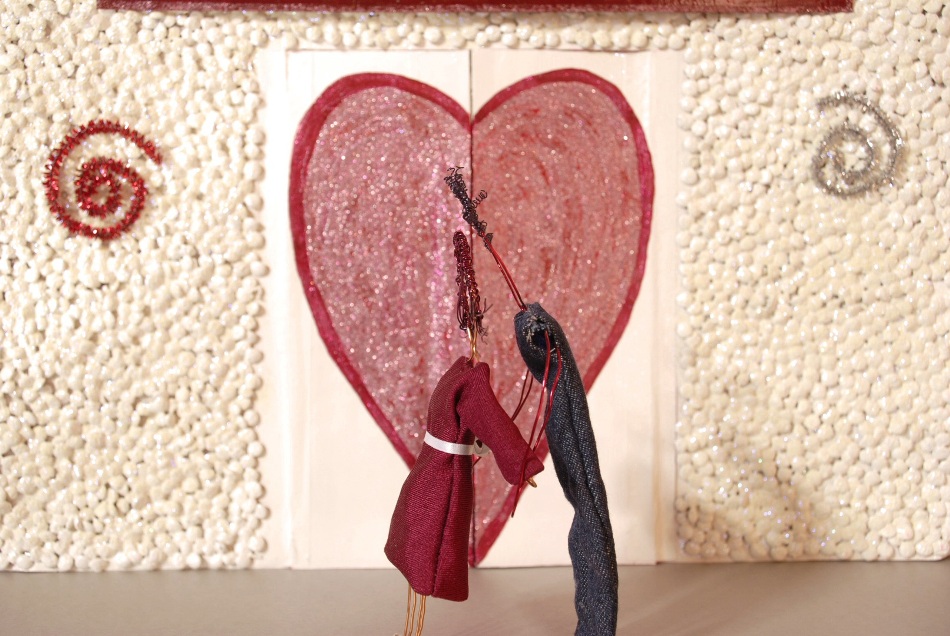
James Franco becomes Allen Ginsberg, the heart and voice of the beat generation, in this breath-taking one-man-show. The Howl reconstructs an authentic interview with A.G., an animation of this hymnic poem and a law-suit against a publisher “The People vs. Lawrence Ferlinghetti” for obscenity. A film about this milestone and still cult poem through the portrait of an artist who saw “the best minds of my generations destroyed by madness”, loved Jack Kerouac and poet Peter Orlovsky and connected poetry, his political alignment and a personal statement about his loves and pains in an unique way.

Swan Lake by Matthew Bourne, a modern dance choreographer adapting classical ballet, was staged in 1995 and became one of Britain’s most successful ballet performances. Bourne, who doesn’t believe in official interpretations preferring those of individuals, suddenly became a star. The story is based on the Russian ballet of the same name composed by Tchaikovsky. Its controversy comes not only from the fact that the swans are danced by men, but also from its homoerotic charge. This ballet’s fame is illustrated by parts of it being used in the film Billy Elliot and by its numerous awards.
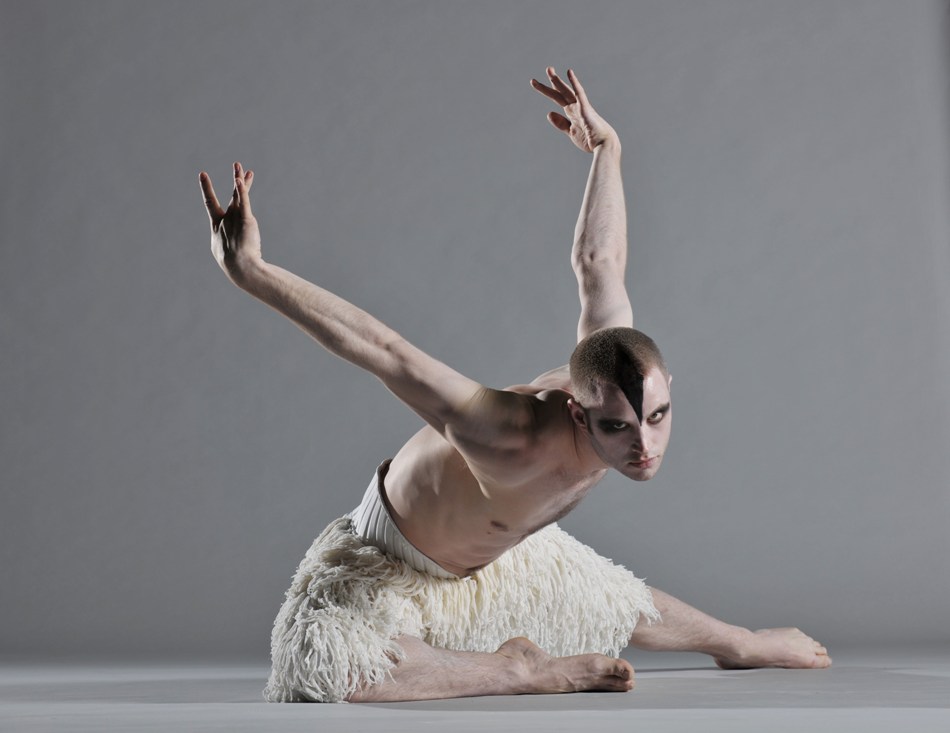
The cult group Le Tigre, adored (not only) by lesbians throughout the world, went on a global tour. The result is a film about the group made by the girls from Le Tigre. It combines recordings from their spontaneous performances with a travel diary and looks behind the scenes and into their lives off scene. The main thing in this film is the music that, together with the interviews, gives the film a playful, unofficial and punk sound. A must see for fans of Le Tigre. For others a great opportunity to meet a group significant because of its music, its visual aspect and its forceful girl power.
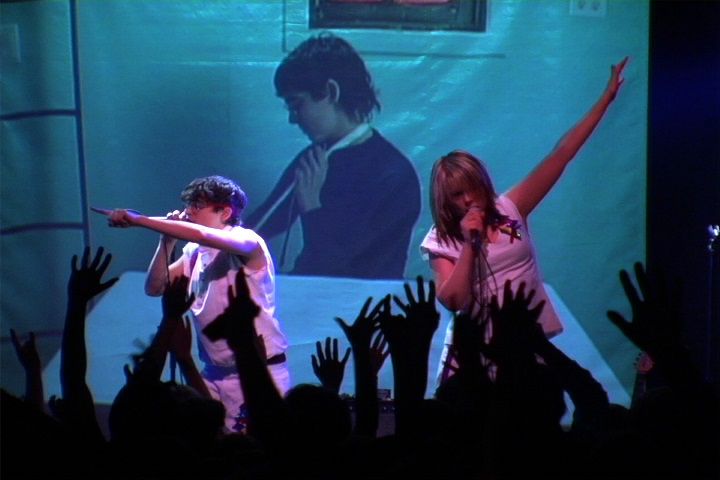
The film adaptation of the play by Marja Lewis Ryan who, by the way, plays the main role of the unorthodox Bridget, is a pleasant romantic comedy with brilliant actors taking place in today’s New York. Bridget shares a flat with her easygoing brother Trip, and has one girl after another. Then she meets Molly and Greg who’ve just moved in together. Something more than just friendship slowly develops between Molly and Bridget although, or perhaps because, they are so different. This fresh film, crowned by a surprising ending, goes against traditional Hollywood formulas.
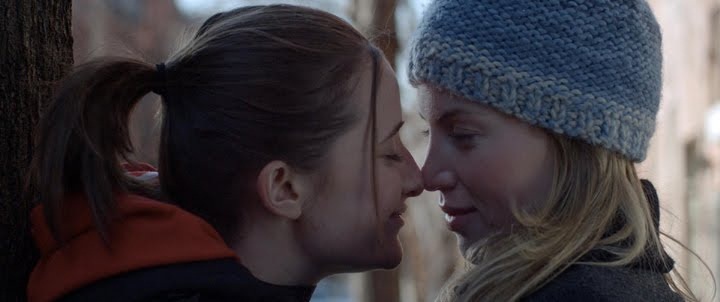
Matthew Bourne made his own version of Pyotr Ilyich Tchaikovsky’s famous ballet The Nutcracker in 1992 for the centenary of this piece as one of his first choreographies ever. Bourne used Tchaikovsky’s music, but the action takes place in a middle class household and, later, in an orphanage of Dickensian style, where Clara and Fritz are spending their gloomy Christmas. Nevertheless, this version of The Nutcracker is fresh, funny and has many gags as well as sexual references that caused, once again, the ballet to be called controversial, just like other Bourne’s productions.

Cheryl works in a video shop, earns extra by filming weddings, resists match-making attempts and writhes with desire to make a documentary about her idol, the Watermelon Woman. This is how a beautiful, unknown actress appears in the credits of silent Hollywood films. Research shows that the actress probably had an affair with her white, female director. Due to her work in the shop Cheryl meets beautiful Diana (Guinevere Turner), who is not only rich, but also white. Crisp, funny, classic piece about racial and social hierarchies in the film industry and life is the debut of the director of OWLS.

Andy is a filmmaker teaching at a secondary school and making an autobiographical film. As a fifteen-year-old he had a sexual relationship with Peter which he had to keep secret as Peter was twice his age. The film The Adults in the Room, therefore, combines the story of Andy the student who does not know what to do about the secret relationship, and Andy the filmmaker and teacher who tries to reflex on his own relationship with young students, the responsibility towards a teenage actor and, above all, the influence that the past relationship with a much older man has had on his whole life.
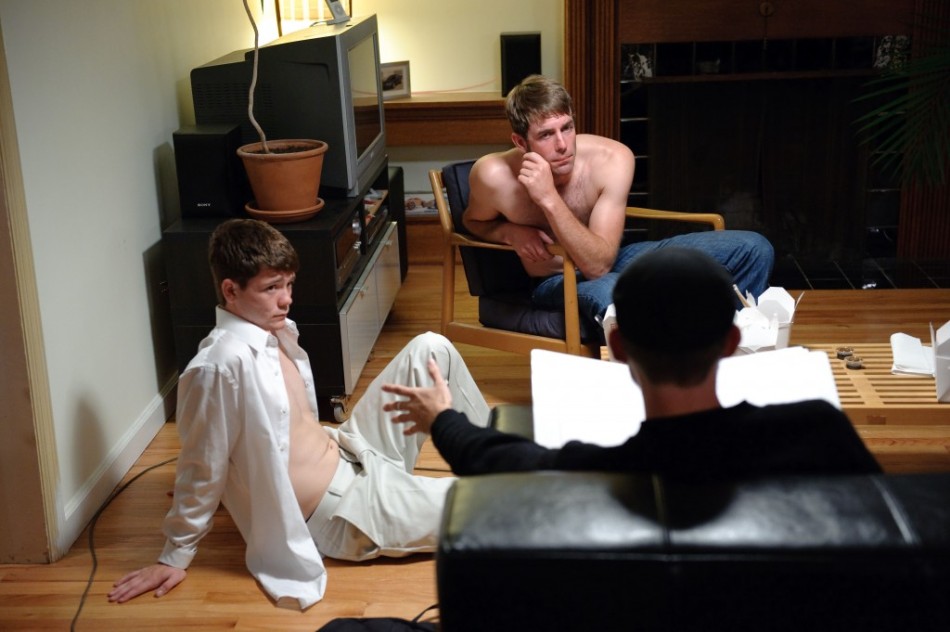
“Construct an autobiography before someone does it for you." is the first sentence of the film Tender Fictions which American filmmaker Barbara Hammer made about herself in 1995. However, Tender Fictions is far from an ordinary autobiographical film. Hammer presents her own life as an open archive of ill-sorted fragments, quotes feminist texts, goes through the photographs of old and current lovers, shows clips from her films and refuses to restrict her narration to a continuous storyline. Her story jumps from the past to the present, changes voices and style of the narration, so the result is reminiscent of a paradoxical open formation.

The Riot Acts fit into the category of “rock documentary“, historically the most popular genre of its type. The characters of the film are not the usual stars, but those with ambiguous sexual identities. Their bodies and unconventional sexuality become political instruments and a means of artistic expression. Although the documentary takes the form of interviews, there are no “talking heads“. On the contrary the director, Madsen Minax, shows the life of the musicians on and off stage in an impressive educational way and offers a look at the trans community different to that of the popular media.
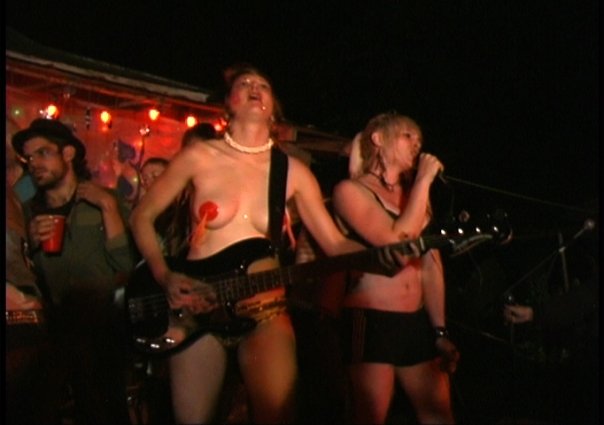
Read more: Riot Acts: Flaunting Gender Deviance in Music Performance
Probably the most extreme film of this year’s competition, already awarded at Berlinale 2010, Open is a queer film for the 21st century. It is built upon authentic characters transferred into a fictional story. It shows sensitively, yet with total frankness, the lives of transgender people. The documentary quality of the film is highlighted by its breath-taking visualization. The visual refinement stresses the power of this road-movie about relationships and finding one’s identity, where people themselves become works of art. Director Jake Yuzna will present the film to the Prague audience.
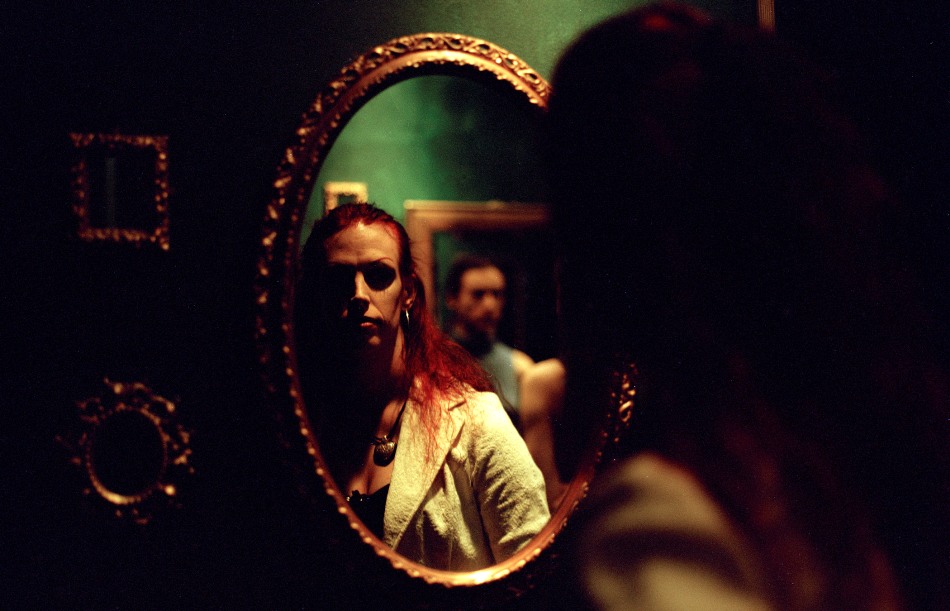
Married couple Göran and Sven are moving into a satellite village. In a short period of time they are to adopt 1,5 year-old Patrick; therefore, they are preparing cozy and caring home for him. However, by the mistake of bureaucratic machinery 15 year-old Patrick arrives; though having the image of an angel, he is a real hooligan. Occurring situation is a hard test for all involved parties. The movie is a satire on illusory tolerance of Swedish village and effort of certain gays to imitate heterosexual models. Winner of the Audience Award at Mezipatra 2009.
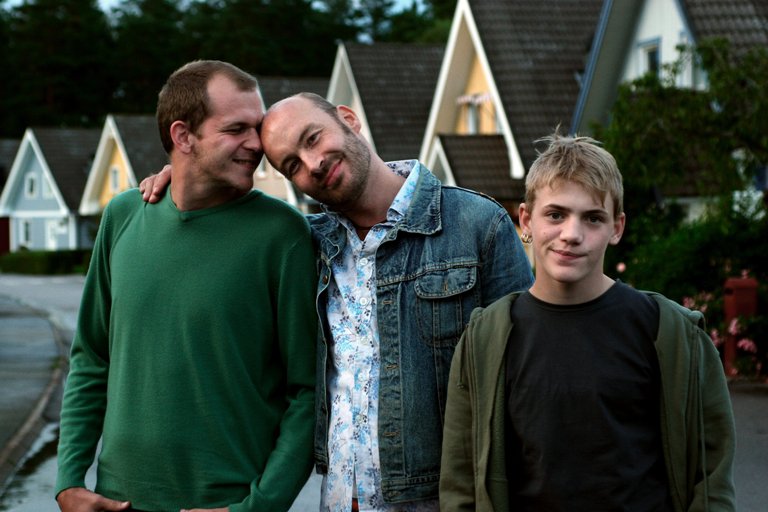
Sasha is a young, gifted pianist, who tries hard to fulfil his mother’s dream and make it to a prestigious music conservatory. His life, though, collapses when he learns that his beloved music teacher is moving to Vienna, leaving Germany for good. The only person in whom he can confide is his best friend Jiao. It seems he can expect no understanding from his family, especially his Montenegrin father, so he chooses to pretend that Jiao is his girlfriend. Sasha is, however, soon to find out that the truth will out. Dennis Todorovic treats with dainty humour, what could have been a heart-breaking drama.

When you are a teenager and your main feeling is that you really don’t want to be anything, you might be tempted by a journey. And accept an invitation from your mother, who is trying to find a way through to you (or just does not want to fly across half of the world, to meet her internet lover, alone). And perhaps even “Miss Kicki” and her son will find their love and themselves in Taiwan. You definitely should accompany them in this adventure, in the brilliant debut of Hakon Liu, whose short films were shown in previous editions of Mezipatra, and who will personally present his film.

In 1911 an exhausted composer, Gustav von Aschenbach, arrives in a palatial summer resort in Venice to recuperate and seek new inspiration. He unexpectedly finds it in Tadzio, an angelically beautiful Polish youth. The boy‘s allure for the composer grows into platonic love. Thus he finds the idyllic beauty that he has sought in music all his life. Meanwhile cholera spreads inland and ends his life and the belle époque world. Visconti swaps writer for composer in an adroit adaptation of Thomas Mann’s famous novel, to stress the music of Gustav Mahler, who, for him, presaged the main character.

Four OWLs (read Older Wiser Lesbians) try to solve the puzzle of the fresh, dead body of a young girl buried in the garden, far too complicated relationships and the crisis of being lesbian over forty. Imagine L Word crossed with a committed art statement and you get a picture that fulfils the ambition of being a complex film about lesbians for lesbians. All the actresses are idols of the lesbian art scene and during the story they talk directly to the viewers, creating a post-modern piece and opening space for openly and playfully posed basic questions, with authenticity and light sarcasm.
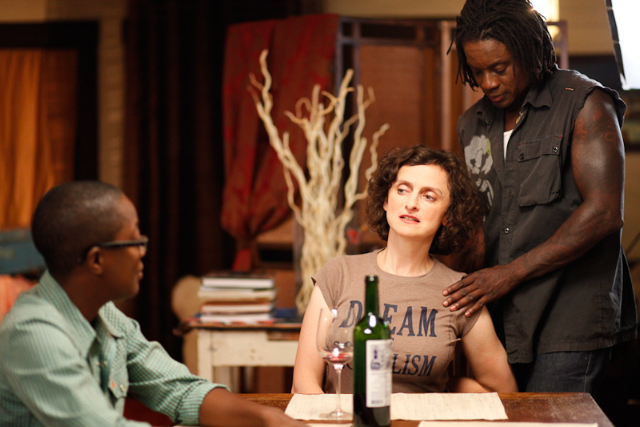
A portrait of a vital figure in American street art. A youth, fascinated by the street world that has become his big canvas. He took a marker, spray and courage and the 80’s New York subway became his gallery. From an illegal artist who attacked public surfaces with his vitality, creativity and social accent, he became a star of modern art alongside the king of pop art Warhol or Basquiat. His active figures ruled not only the streets and galleries, but also found a place at Madonna concerts. They became the symbol of free spirits and the heart of the street that burned out at only 31 years of age.

“Why love women when there are so many beautiful men?“
or "Things one wouldn’t expect from Czechoslovakian television..."
As early as one year after the downfall of communism one of the first television programmes about homosexuality was made. The limits of normality“ and “Double life“ offer, considering the time of production, a strikingly open look at the, up until then, taboo topic. Stories of “real“ gays and lesbians are accompanied by comments from doctors, especially Dr. Antonín Brzek, and by the sometimes funny, sometimes surprising opinions of students and people from the city and the countryside.

Animated clips and video collages of the militant artist and Parisian bohemian who finds his muse in Chinese calligraphy, both the symbols of communist propaganda and Western pop culture. He works with the relationship between text and image and reversing stereotypes, happily leeches off dominant cultures, whose icons he alters to reflect sexual minorities (e.g. transvestites and BDSM), recycles them into dada, post-modern or punk style and reacts to the marginalization of queer subcultures within the hetero-normative society. He works with LGBT magazines and took part in the visualization of Amnesty International and Aides campaigns.

The avid Syd is grateful for a job in an art magazine editor’s office though moving up in the ranks of arrogant curators is not easy. Finding that her neighbour is the famous photographer Lucy Beliner opens up possibilities. Lucy gave up on her carrer but few people know that she is lost in a drugged up relationship with a former actress. The worshipping interest of beautiful Syd (and the offer of an article), flatter Lucy as much as Syd is fascinated by her bohemian life. A film about ambition, power and the intertwining of art and life is one of the most successful lesbian films of the past 20 years.
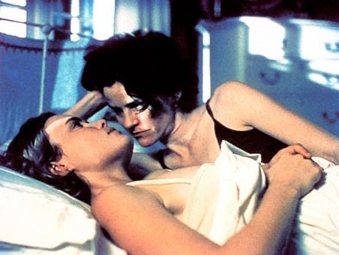
Definitely the raunchiest film of this year’s Mezipatra, shown as part of the midnight pop punk mini-section, it is characterized not only by the extremely large number of swear words, but also by the number of comical scenes in an unmistakable British style. What happens when a gay football team in bright pink plays against a team of rough macho-men (playing, of course, in blue)? During the match various problems of the individual players surface, regardless of their sexual orientation, and keep preventing the match from ending, driving the referee and the watching fans crazy.

A legendary artist and unmistakable personality of queer cinema, Rosa von Praunheim (his retrospective was shown at MEZIPATRA 2008), returns to New York City after 20 years, reminding himself, the viewers and the protagonists from that time of his documentary Survival in New York. While thinking back about the sexual freedom and wildness of the 70’s, the director links his personal story with an examination of how the beating heart of the city that never sleeps has changed and with sharp political commentary from the perspective of past years. Come and live New York with Rosa von Praunheim.
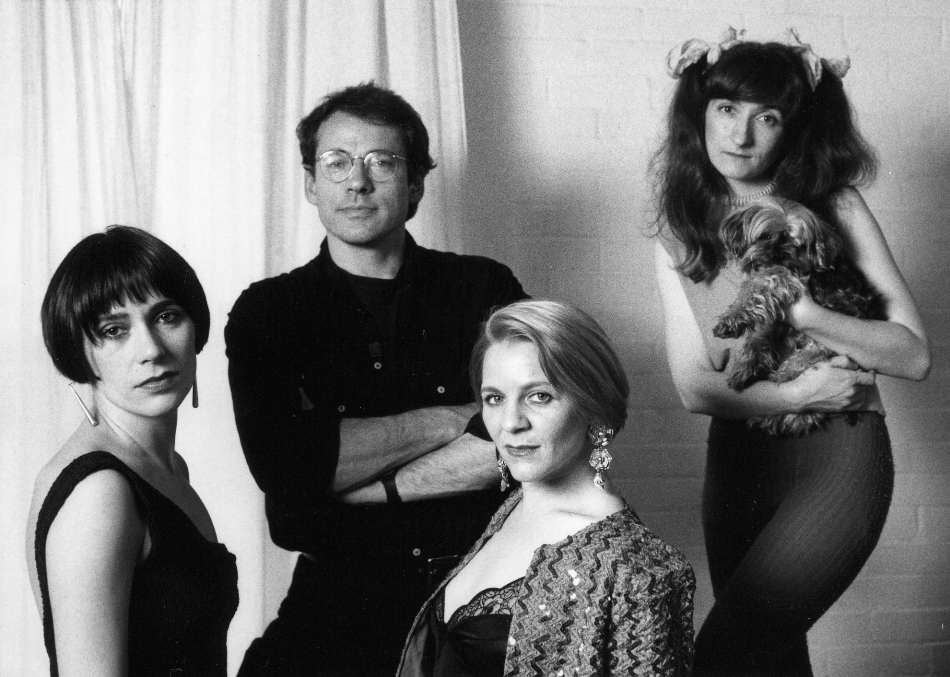
Provocative, slightly playful and a little mannerist, the title fits perfectly this film that you will either love or hate (for the same reasons). The hysteria of teenage insecurity, probably well known to everybody, when mother is the worst person in the world, anchors the film of the then 19 year old Xavier Dolan (who played the central, autobiographical character), in reality. In contrast, there is a beautiful world of slow-motion scenes and the right mood music in this story of first real love. Definitely the most artistic sexual scene that can be viewed on-screen this year.

A story of ardent love between two young men, Kieri and Ryo, who are ill-fated. When Ryo is kidnapped by a jealous Tari, Kieri must make a mystical journey to be with his beloved, an allegory where salvation can be reached only in the afterlife. The film is a paraphrase of Orpheus and Eurydice and Mayan mythology. The modern world, including a porn cinema, mixes with the ancient. A visual poem about deep love, desire and sexuality, flowing at a pensive pace, achieves its depth by images and music with a minimum of words. The picture won many festival awards, e.g. Teddy Bear at Berlinale 2009.
